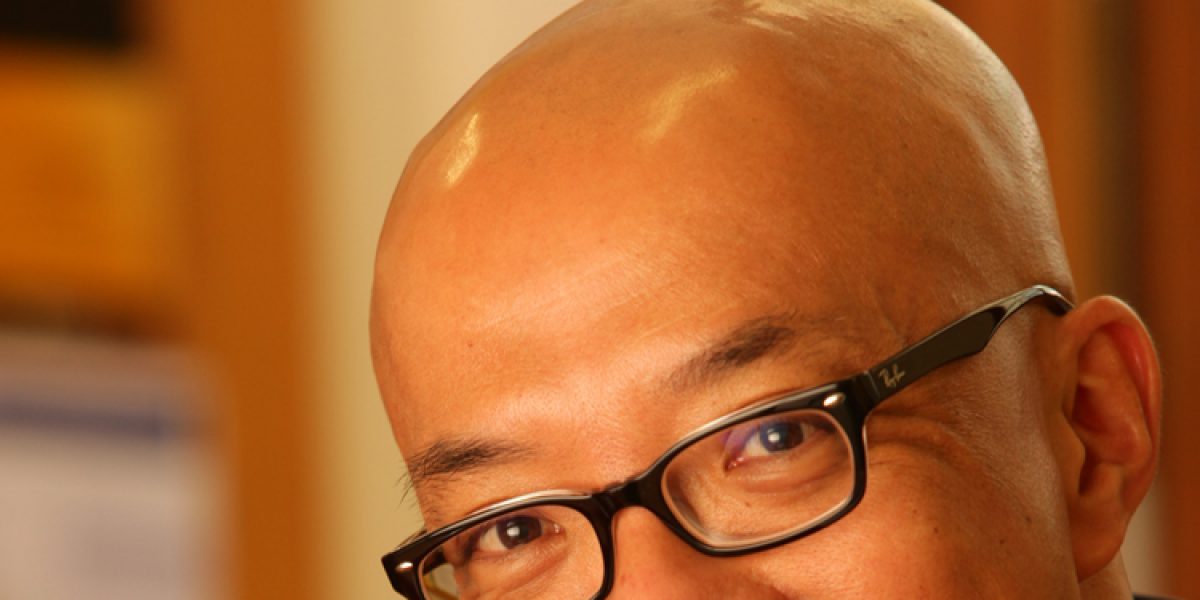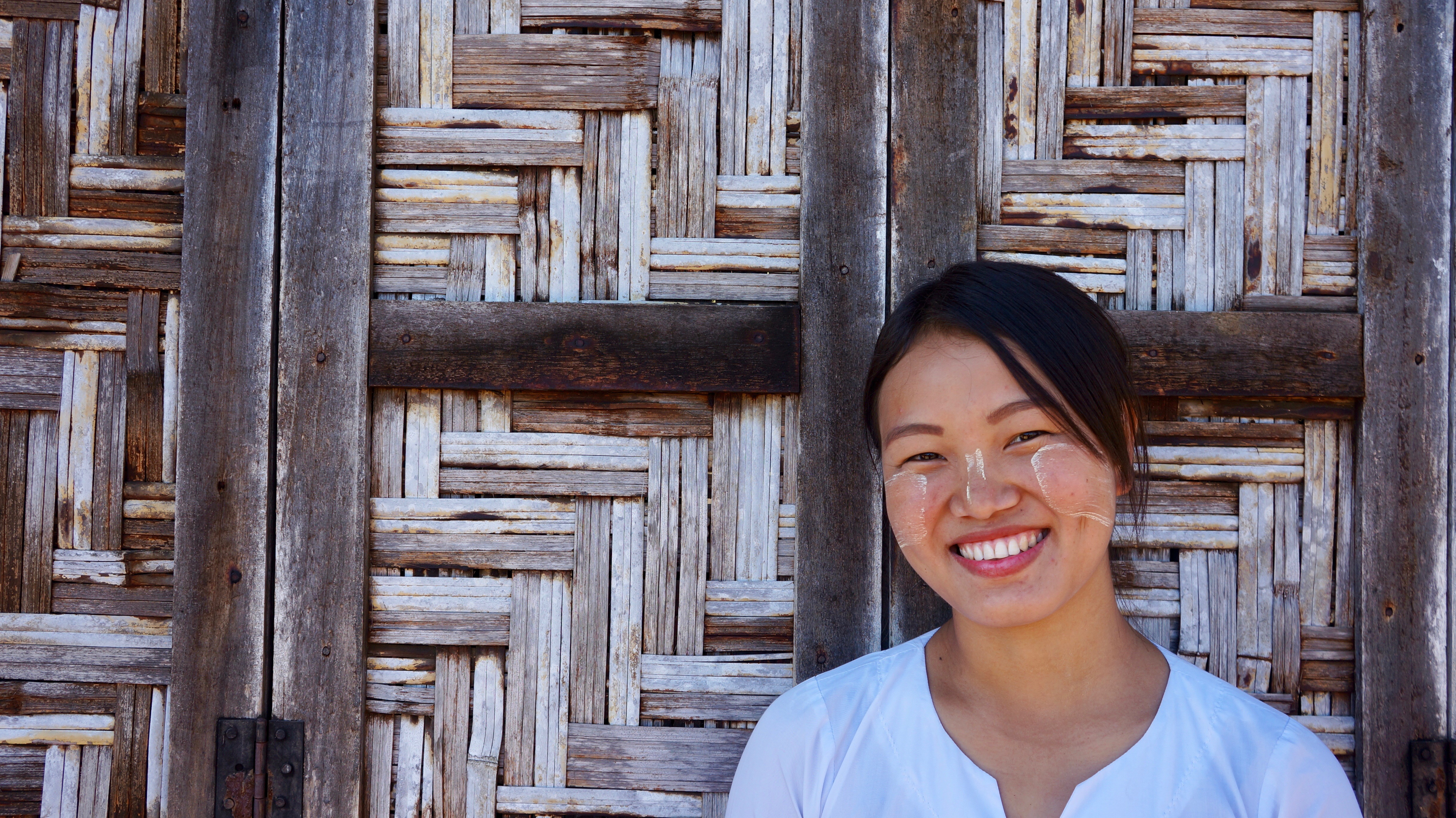Australia: expert panel, where is the queue?
29 August 2012|Fr Aloysius Mowe SJ

Sydney, 29 August 2012 – ‘The Devil is in the detail’ seems to be a fairly recent idiom in the history of the English language, but I much prefer the earlier version of this idiom, sometimes attributed to Gustave Flaubert: ‘Le bon Dieu est dans le detail’: The good God is in the detail.
I write this a few days after the release of the report of the Expert Panel on Asylum Seekers. I would urge all our readers to get a copy of the report and to read it in full. Absorbing all the detail takes time and effort, but we owe it to the asylum seekers and refugees in our region to understand the recommendations and the impact that they will have on Australian policy.
One of the problems in the policy debate concerning asylum seekers is that too many of us get our opinions second-hand from news pundits, or shock jocks, or unprincipled politicians, or refugee advocates, or even Jesuit priests. We allow others to do the thinking for us, and we eventually believe that mere opinion is established fact. We should start with the notion that facts are sacred, and that when it comes to facts, God is in the detail.
I have heard refugee advocates damning the Malaysia-Australia arrangement because it would involve asylum seekers being taken from Australia to Malaysia where they would end up at the end of a resettlement queue 100,000 people long. It is true that there are 100,000 asylum seekers and refugees registered with the UNHCR in Malaysia.
However, these displaced persons do not all have the same aspirations and motivations. The vast majority of these persons are Burmese, and they often apply for UNHCR registration because it affords them a degree of protection in Malaysia, despite the fact that Malaysia is not a signatory to the 1951 Refugee Convention and 1967 Protocol.
Many of the registered asylum seekers and refugees from Burma do not necessarily want to be resettled in a third country: they are in Malaysia because they are safer there than in Burma, and many are able to work and earn a living; but ultimately they are looking to return to their homeland when it is deemed safe to do so. We do not know how many refugees in Malaysia are waiting to be resettled because we have not done the research. Claiming that all 100,000 want to come to Australia is manifestly false. God is in the detail.
Besides, no one would go to the end of any queue, however long, because there is no queue. Refugees are not resettled according to how long it has been since they were found to be a refugee. The UNHCR makes decisions about resettlement based on the need to be reunited with family, the needs of women at risk, medical needs, the inherent vulnerability of being an unaccompanied minor and so on.
It is not like taking a number at the butcher’s counter and then waiting to be served. It is more like being a starving person at the butcher’s counter hoping that someone will take notice that you’re literally dying of hunger and need some food immediately. God is in the detail.
The Expert Panel has recommended that offshore processing centres be opened in Nauru and Papua New Guinea, and that boat arrivals taken there will not be advantaged with regards to their refugee determination and resettlement over what it would have been if they had chosen to remain in Malaysia or Indonesia and awaited the outcome of processes there.
In other words, anyone attempting to come here by boat will now be treated as though they had in fact just stayed put in Malaysia and were waiting to get resettled. The Expert Panel, in formulating this, seems to believe that there is a queue for resettlement in Malaysia, and that the asylum seekers they now want sent to Nauru will go to the back of the queue in the interest of fairness. There is a problem with the panel’s reasoning: where is the queue? Please see above. God is in the detail.



